Data Driven decisions in Oesophageal Cancer Surgery: Role of artificial intelligence
ABSTRACT NUMBER: FEGGETTER MEDAL FOR SENIOR TRAINEES (ST3+)_4
MAIN ABSTRACT TEXT
Introduction
Esophageal cancer is the seventh most common cancer worldwide with over 570,000 new cases annually. Its pathology is relatively less understood and due to its aggressive nature, the 5-year survival rate is 15–20%. Despite the advancement in diagnostics, intraoperative technology, oncological interventions, and postoperative facilities, mortality with or without interventions remains high. Moreover, only 20% of the patients with oesophageal cancer are offered surgery due to surgery-related high morbidity and mortality. This makes decision-making very challenging. Current decisions are based on NICE guidelines and MDT discussions. However, decision-making based on RCTor meta-analysis has serious concerns as it provides information about the average risk of mortality/ mortality based on cohort information and not patient-specific factors.
Method/Results
Preoperative, intraoperative, and postoperative data related to patients with esophageal cancer provide a huge opportunity to make data-driven decisions. However, this job is very taxing. Artificial intelligence (AI) provides an opportunity to develop AI-based applications and to make decision-making patient-specific. Moreover, intraoperative use of such technology can lead to help in decision-making during this phase. In the current presentation, the role of AI in making data-driven decisions for patients with oesophageal cancer is evaluated. We also propose the development of ECSA (Esophageal Cancer Surgery Assistant), an Alexa-like device in this regard.
Conclusion
AI with its applications like Natural language Processing (NLP), Computer Vision (CV), Artificial Neural Networking (ANN), and Skill Augmentation has a great potential in devising a device to help in data-driven decisions based on individual patient factors. This approach is expected to improve patient outcomes and the best utilization of health resources.
